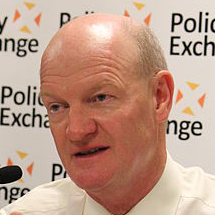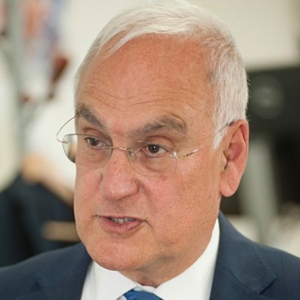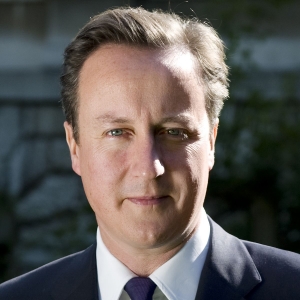We believe in fair school admissions.
Our vision is a system where every school welcomes local children of all abilities and offers an excellent quality of education. This requires a fair and inclusive admissions system and an end to the 11-plus.

It is vital that comprehensive education is defended but also celebrated for the incredible advantages and benefits it brings to children’s lives and to society as a whole.

Grammar schools are, truthfully, unambitious and outdated for our children and our country. Nearly all children, not just a privileged few, deserve and can master – with the right teaching and expectations – a rigorous, academic education.

We must break free from the belief that academic selection is any longer the way to transform the life chances of bright poor kids. This is a widespread
belief but we just have to recognise that there is overwhelming evidence that such academic selection entrenches advantage, it does not spread it.

If our international competitors think that the future is comprehensive, why shouldn’t we?

We need the next generation to be innovative and imaginative, nonconformists who can come up with creative ways to solve the world’s problems. Comprehensive schools give young people an all-round education, not simply the ability to pass tests. We don’t need secondary moderns and the stigma of failure at 11.

Like polio and corporal punishment, grammar schools should be left in the 1950s. I support a campaign for a comprehensive future.

Comprehensive schools have one huge advantage. Their philosophy is that a fine education, a first-class education should be provided for all the children, because all children regardless of academic ability are equally important. Behind the comprehensive movement lies the core belief that all children should be given a fair chance in our society, that to grow up together creates greater cohesion and mutual understanding.

Selective schooling not only denies the fact that children learn at different rates, it deliberately sets out to deny the best education to some children, privileging others. If we want an equal society we MUST have an equal education system – everything starts with education.

The evidence shows that grammar schools have a pernicious effect on poor pupils who don’t make it past the entrance exam. As a matter of principle, the state should not promote a system that brands pupils as winners and losers at such a young age.

Grammar schools are a way of preventing a majority of children from going to a certain kind of school. These schools don’t help society to be fairer or better. Just the opposite: a grammar school system forces us all into being one-mark passes or failures at the age of 11 when in reality we’re all complex mixtures of abilities, strengths and weaknesses.

I think it is delusional to think that a policy of expanding the number of grammar schools is either a good idea, a sellable idea or even the right idea.

Putting pressure on children at such a young age, and causing a divide between them and their peers has an immensely negative effect on children. No to the 11-plus. A good, fair and free education for all.
FEATURED POST
Read stories about real life experiences of the 11+
We expose the reality of life in grammar school areas.
Latest Posts
Reform UK and academic selection: Reading the signals
On 17 February 2026, Nigel... Read more
Can an 11-plus ever be “tutor-proof”?
A grammar school has announced... Read more


